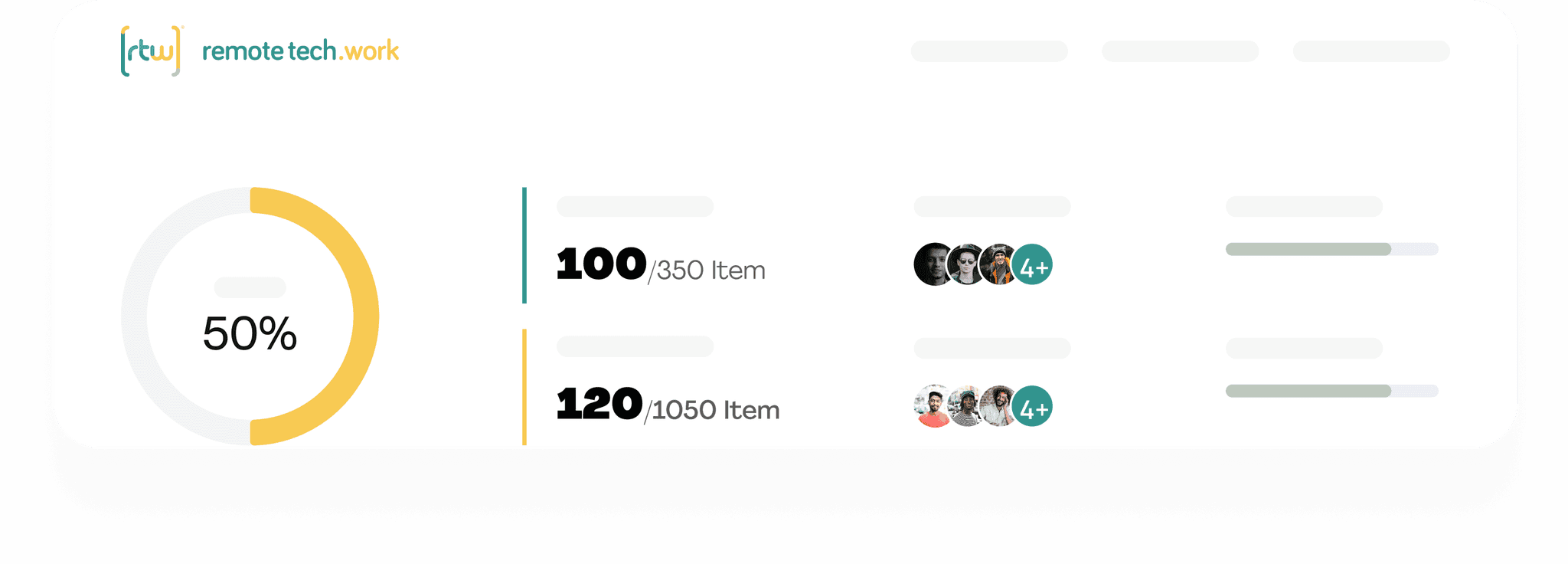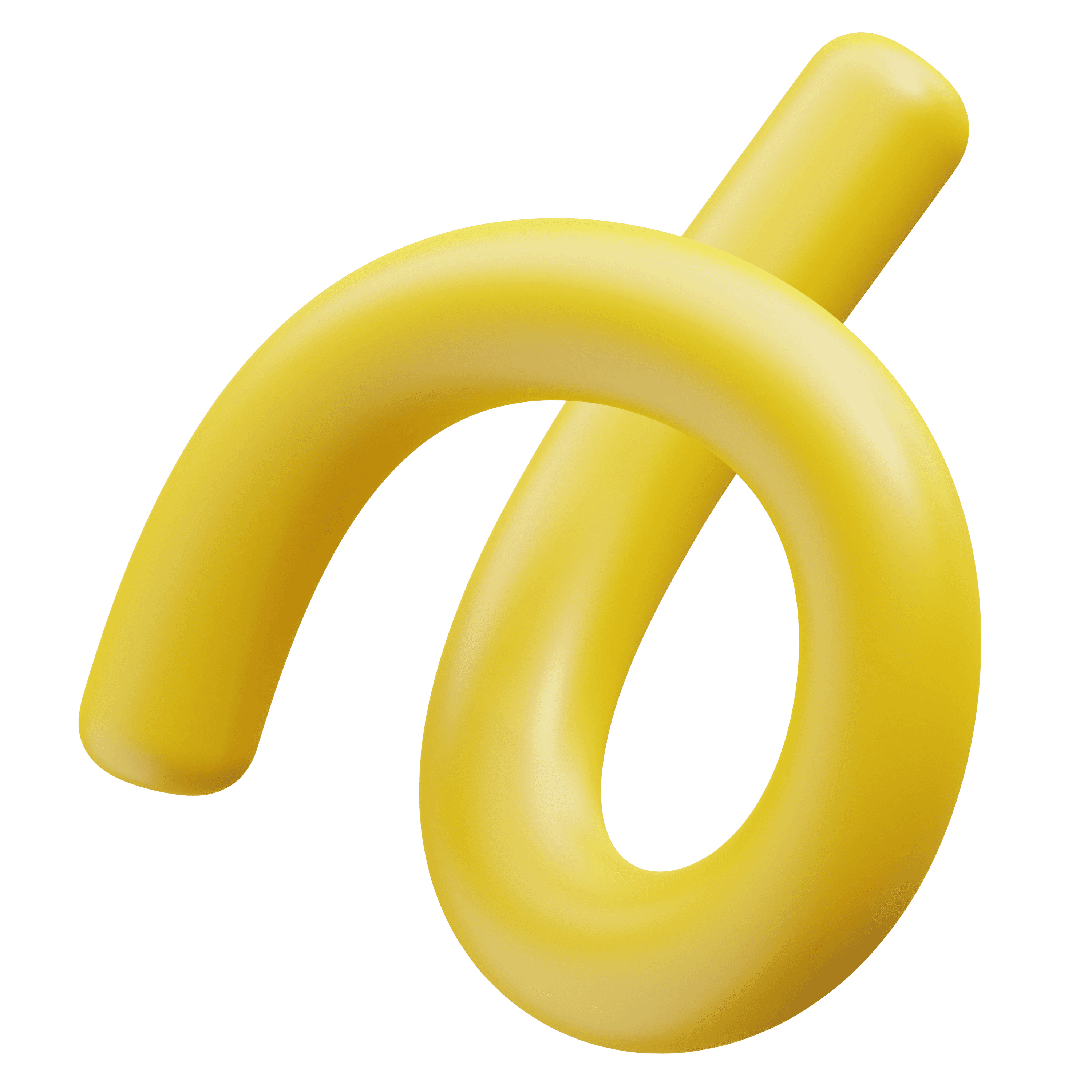DESCRIPTION
DESCRIPTION
DESCRIPTION
Kotlin is a modern, statically typed programming language developed by JetBrains, known for its simplicity, conciseness, and interoperability with existing Java code. Introduced in 2011, Kotlin was designed to address common pain points of Java, offering developers a more expressive and efficient language for building a wide range of applications, including Android mobile apps, web applications, and server-side solutions. Kotlin's syntax is easy to read and write, making it a developer-friendly language that helps reduce boilerplate code and increase productivity. It seamlessly integrates with Java, allowing developers to leverage existing Java libraries and frameworks, making it a versatile choice for cross-platform and back-end development.
One of Kotlin's standout features is its enhanced type safety, which helps catch common programming errors at compile time, resulting in more robust and stable applications. Kotlin provides modern language features like null safety, extension functions, and data classes, simplifying common coding tasks and reducing the risk of runtime errors. With official support for Android app development, a growing ecosystem of libraries and frameworks, and its adoption by major technology companies, Kotlin has quickly become a popular choice for developers aiming to build high-quality, efficient, and maintainable software solutions across various platforms.
Kotlin is a modern, statically typed programming language developed by JetBrains, known for its simplicity, conciseness, and interoperability with existing Java code. Introduced in 2011, Kotlin was designed to address common pain points of Java, offering developers a more expressive and efficient language for building a wide range of applications, including Android mobile apps, web applications, and server-side solutions. Kotlin's syntax is easy to read and write, making it a developer-friendly language that helps reduce boilerplate code and increase productivity. It seamlessly integrates with Java, allowing developers to leverage existing Java libraries and frameworks, making it a versatile choice for cross-platform and back-end development.
One of Kotlin's standout features is its enhanced type safety, which helps catch common programming errors at compile time, resulting in more robust and stable applications. Kotlin provides modern language features like null safety, extension functions, and data classes, simplifying common coding tasks and reducing the risk of runtime errors. With official support for Android app development, a growing ecosystem of libraries and frameworks, and its adoption by major technology companies, Kotlin has quickly become a popular choice for developers aiming to build high-quality, efficient, and maintainable software solutions across various platforms.
Recommended Skills
Recommended Skills
Recommended Skills
A Kotlin developer should possess a combination of technical and soft skills to excel in software development using the Kotlin programming language. Here's a list of key skills and knowledge areas for a Kotlin developer:
Proficiency in Kotlin: A strong understanding of the Kotlin programming language, including its syntax, data types, null safety, and modern features.
Android development: Mastery of Kotlin for Android app development, including building user interfaces, working with Android SDK components, and accessing platform-specific features.
IDE proficiency: Proficiency in using integrated development environments (IDEs) like Android Studio or IntelliJ IDEA for writing, testing, and debugging Kotlin code.
App architecture: Knowledge of architectural patterns like Model-View-ViewModel (MVVM), Model-View-Controller (MVC), or Clean Architecture to structure code and maintainability.
Dependency injection: Understanding and practical use of dependency injection frameworks like Dagger or Hilt for managing component dependencies in Kotlin applications.
Networking: Proficiency in integrating network requests and APIs using libraries like Retrofit for efficient data exchange.
Multithreading and concurrency: Skills in multithreading and asynchronous programming using Kotlin's native coroutine support and concurrent programming patterns.
A Kotlin developer should possess a combination of technical and soft skills to excel in software development using the Kotlin programming language. Here's a list of key skills and knowledge areas for a Kotlin developer:
Proficiency in Kotlin: A strong understanding of the Kotlin programming language, including its syntax, data types, null safety, and modern features.
Android development: Mastery of Kotlin for Android app development, including building user interfaces, working with Android SDK components, and accessing platform-specific features.
IDE proficiency: Proficiency in using integrated development environments (IDEs) like Android Studio or IntelliJ IDEA for writing, testing, and debugging Kotlin code.
App architecture: Knowledge of architectural patterns like Model-View-ViewModel (MVVM), Model-View-Controller (MVC), or Clean Architecture to structure code and maintainability.
Dependency injection: Understanding and practical use of dependency injection frameworks like Dagger or Hilt for managing component dependencies in Kotlin applications.
Networking: Proficiency in integrating network requests and APIs using libraries like Retrofit for efficient data exchange.
Multithreading and concurrency: Skills in multithreading and asynchronous programming using Kotlin's native coroutine support and concurrent programming patterns.
Our Talent Acquisition Process
Our Talent Acquisition Process
Our Talent Acquisition Process
We will walk you through our process during the days/weeks according to your agenda availability. Feedback will be present whether we move forward or not with your application. There are, in general, a challenge (60’ average each), two calls (45’ average each), and a Tech Interview for you to reach the final Offer Call.
We will walk you through our process during the days/weeks according to your agenda availability. Feedback will be present whether we move forward or not with your application. There are, in general, a challenge (60’ average each), two calls (45’ average each), and a Tech Interview for you to reach the final Offer Call.






HOW TO
GET STARTED
Sign up for our developer platform to begin working remotely
DEVELOPMENT
SOFTWARE
Remote Tech Work Ltd is a company registered in England and Wales (No.16127490).
Our address is Orion House Office 774, Bessemer Road, Welwyn Garden City, AL7 1HH. 2025
Remote Tech Work. All right reserved.
DEVELOPMENT
SOFTWARE
Remote Tech Work Ltd is a company registered in England and Wales (No.16127490).
Our address is Orion House Office 774, Bessemer Road, Welwyn Garden City, AL7 1HH. 2025
Remote Tech Work. All right reserved.
DEVELOPMENT
SOFTWARE
Remote Tech Work Ltd is a company registered in England and Wales (No.16127490).
Our address is Orion House Office 774, Bessemer Road, Welwyn Garden City, AL7 1HH. 2025
Remote Tech Work. All right reserved.
DEVELOPMENT
SOFTWARE
Remote Tech Work Ltd is a company registered in England and Wales (No.16127490).
Our address is Orion House Office 774, Bessemer Road, Welwyn Garden City, AL7 1HH. 2025
Remote Tech Work. All right reserved.
DEVELOPMENT
SOFTWARE
Remote Tech Work Ltd is a company registered in England and Wales (No.16127490).
Our address is Orion House Office 774, Bessemer Road, Welwyn Garden City, AL7 1HH. 2025
Remote Tech Work. All right reserved.

